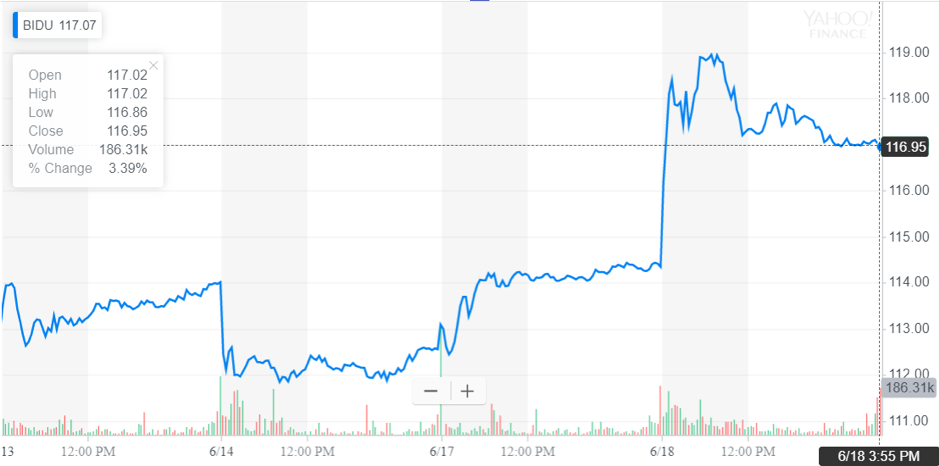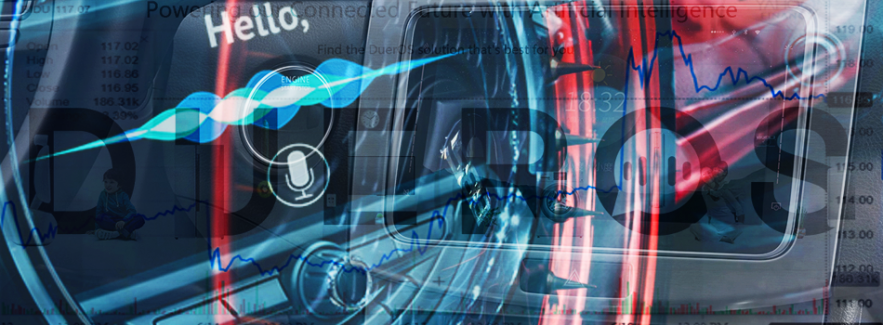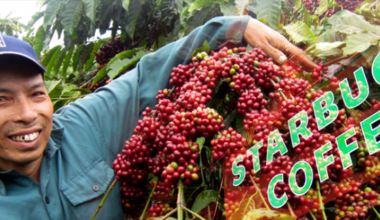Chinese search engine giant Baidu has announced that it expects big things from its new self-driving car operating system (OS) DuerOS for Apollo. The company said that it’s celebrating the software’s growth and looking to build on it at the Consumer Electronics Show (CES) Asia.
The Apollo platform entered the public eye in 2017, when Baidu announced that the platform, which was billed as a “smart car platform involving AI (artificial intelligence) and biometric technologies” already had 65 car companies signed up with 84 vehicles in “mass production” that were incorporating it. Just a few short years later, and that last figure has multiplied by a factor of almost four.
Baidu’s share price has increased by 3% over the past five days

Source: Yahoo Finance
According to Baidu, its DuerOS for Apollo operating system has now been incorporated in more than 300 different car models. It’s also working with a number of major car manufacturers, both in China as well as further afield in Europe and the US. Some of those carmakers include Great Wall Motors, Hongqi, BMW, Mercedes, Ford, and Chevy. In the near term, over the next two years, Baidu says it expects DuerOS for Apollo to come in more than 500 different vehicle models.
Interestingly, the features in DuerOS for Apollo vary depending on where in the world you are. Showcasing, perhaps, a difference in attitude to data gathering between China and the US, the former market makes a big thing about face scanning technology. In the latter country, it is totally absent.
Disclosure
Dominion holds Baidu in its Global Trends Managed Fund.
Author: Theo Leworthy
Disclaimer: The views expressed in this article are those of the author at the date of publication and not necessarily those of Dominion Capital Strategies Limited or its related companies. The content of this article is not intended as investment advice and will not be updated after publication. Images, video, quotations from literature and any such material which may be subject to copyright is reproduced in whole or in part in this article on the basis of Fair use as applied to news reporting and journalistic comment on events.


